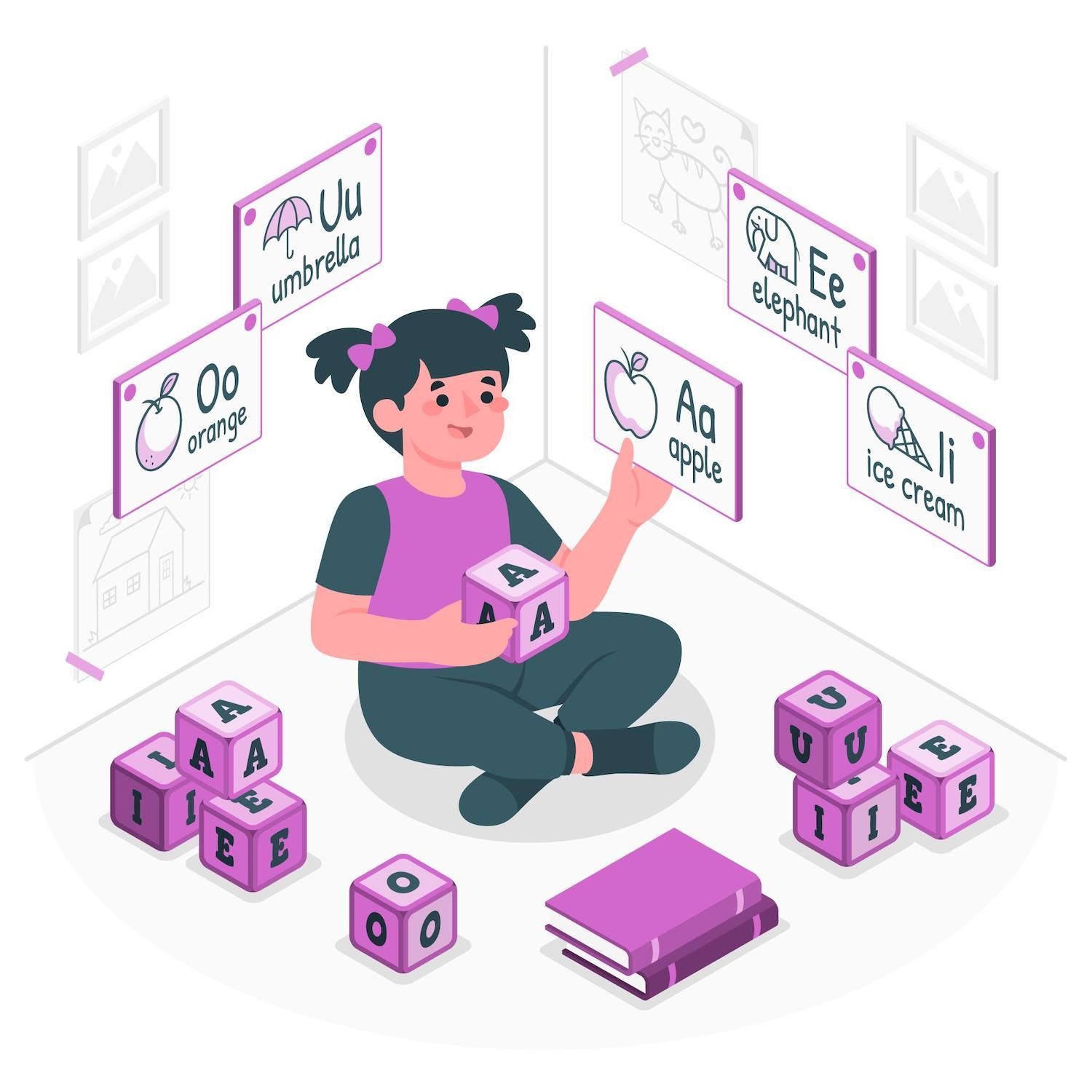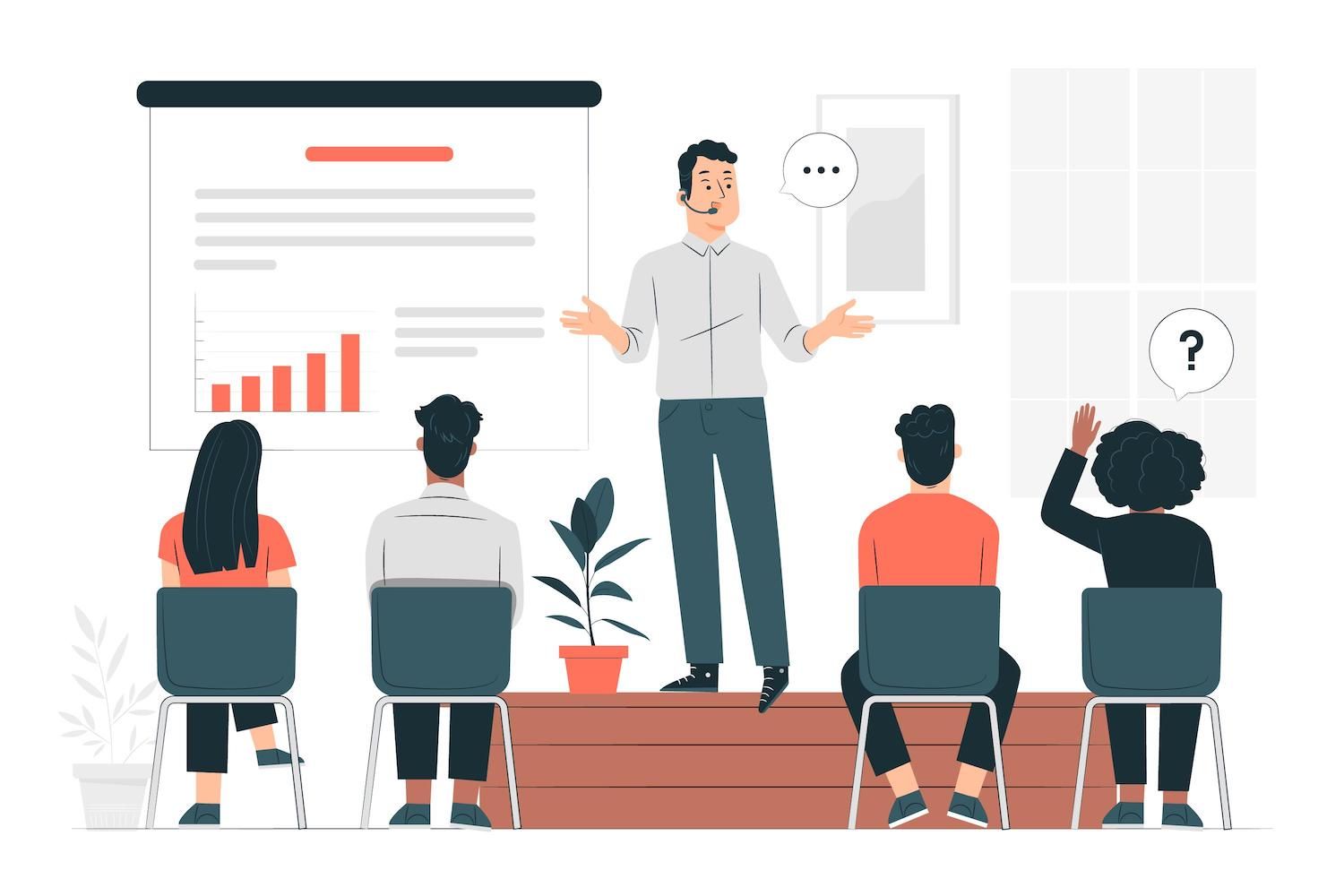How to Sell a Mobile App or Game outside App Stores -
We thank Tony Markov for contributing to this article!
If you're not certain how to sell an application direct to the consumer (D2C) in addition to apps stores -- or if you're looking for a new way to monetize your game or mobile app You may be thinking about the possibilities you have.
Steep fees from platforms like the Apple App Store and Google Play are a reason that can cause game developers and app developers to think beyond the convenience and ubiquity of traditional app marketplaces However, restrictions by platform owners have made it challenging.
However, because of current court cases as well as the development of new rules and laws the landscape of mobile phones is changing.
There are more choices than you thought, but where do you start?
In this piece, we'll cover:
- Current app store practices and rates.
- A variety of tools you can use to monetize apps and games outside the app store.
- Highlights from recent U.S. and European legal coverage that may affect app sales and game monetization.
What is the way mobile App Stores Function Currently
Making up the majority of mobile OS market market share across the globe, Android with the Google Play Store as well as iOS using an Apple App Store have enjoyed the duopoly of mobile software distribution as well as mobile app e-commerce worldwide. As these markets begin to expand but it's essential to comprehend the model that app stores have traditionally worked with.
There's a plus, as apps are widely used by basically every human in the world with mobile phones, the potential to draw new customers for your app or players who play your game is unrivaled. App stores also provide a simple and easy way for customers to purchase and download new apps and in-app purchase through an app store they already trust, and with payment methods they've already saved to their account.
App stores can also allow app developers to release their applications. They also take care of essential aspects of transactions, such as varied payment methods and currencies, fraud technical support for the transaction, as well as collecting and paying sales tax.
However, that convenience isn't without a price for the developers.
What are the Downsides of Monetizing via Major App Stores
Assuming your game or app can be accepted by the gatekeepers for the mobile app store initially, the complete lack of competition ensures that the fees for sales through iOS as well as Google Play app stores are quite high -- typically about 30%..
The same fees apply to purchases in game. So, even if you intend to release a free app and then monetize it through online purchases, your users and customers will be burdened by paying steep fees to the app stores.
Transferring the Feesor the savings -for Consumers
Some apps are starting to announce that at a minimum, a part of high app store fees will be passed directly to the buyers, despite that there are lower-cost options instead.
Otter's 2023 Pro Pricing Updates
Otter updated its pricing policies by mid-2023. The the changes to pricing for package packages going to effect on August 20, 2023..

But there was one particularly notable Pro option: Paying for a annual subscription through the Apple App Store or Google Play Store can cost customers an extra $10 and will raise the cost by a significant amount, ranging between $119.99 to $129.99 USD.
In order to explain how customers are able to avoid the charge, Otter placed a green "Tip" box under the Otter Pro pricing grid, telling users to "Learn how you can move their Apple App Store or Google Play Store subscription to Otter through the Web ."

To resolve this price discrepancy in more detail, read in the FAQ section at bottom of the announcement page states that that the price increase via apps stores "reflects the additional charges required for hosting the Otter.ai subscriptions on both Apple and Google's storefronts for apps."
It continues to strongly recommend users to remove their existing Apple App Store or Google Play Store subscription and just re-subscribe via Otter's website.
The growing trend of the Purchase of Video Game Accounts by Users
As with Otter Like Otter, a lot of game app makers are offering discounts for users who purchase from outside the app through an external account connected to the application.
Developers may advertise these types of user accounts and discounts on their sites.

App developers make it quick for a user to sign up by simply accessing the app from their phone, tapping a button to create an account as a user, and completing registration.
Then users can easily buy items on the developer's website, and pay lower prices than for similar transactions through the application. (More details on accounts for users below.)
KrfzTXoXoRIkgtDGvQsi
The App Store's List of Developers Selling D2C Will Grow
While there are many benefits to selling games and apps via apps and games through iOS App Store and Google Play but the disadvantages with pricing and limitations to distribution for games means that, the court case process continues and new rules open the marketplace, many developers will wonder what they should do to implement a D2C strategy for their app or game.
How to sell Apps in other App Stores
However, the Otter app cannot be accessible via Apple's App Store or Google Play Store -- and Otter has a premium rate if you have to pay annually for their Pro subscription via the stores -- there's still a lower-cost option to their customers: downloading the app from one of those stores but paying for their service on Otter's own website by using a different service provider.
This model is an example of the difference between the distribution of apps through app marketplace, or the possibility of monetizing apps through app marketplaces.
Although downloads for your application belong to proprietary stores, that isn't a guarantee that this is the sole method for users to pay for your services or features.
Below are a few most important aspects to take into consideration in establishing your own revenue-generating option, that isn't available on the main app marketplaces.
Choose a Payment Service
There are numerous options for payment service providers (PSP) and merchants of record (MoR) on the market that you can set up to accept payments that are not accepted by device-captive app stores.
There is however a significant difference between payment services suppliers in comparison to merchants of record.
PSPs help businesses sell their products by providing PSP assists businesses in selling products by providing the specialized connectivity and services required to do so (such for connecting payment processors, payment gateways, and a merchant account).
MoR MoR is a similar model and assumes important responsibility including ensuring the rules for card brands, regulations laws in a variety of countries, risk, sales taxes as well as VAT, and much more. This includes the calculation, collection, and remitting taxes.
Why Shouldn't You Just Choose an even lower-cost solution Like Stripe?
Stripe has multiple upgrades available to cover some of these needs, but every upgrade will increase the price anyway.
Users Accounts
To connect purchases between your checkout options and the app you downloaded from the app store, you'll require some sort of user account system for users to keep track of the details of their transactions and also receive credit for purchases.
Users with accounts can use their account to buy items from those on the App Store as well as the Play Store, then sign in to your app to see the purchase credited there.
If you're a customer of ours , we offer customers with customer support -- so if they have any issues regarding their purchase or purchase account, we'll be available to assist.
Accounts linked to purchases are often in the form of currency in-app or subscriptions.
In-App and In-Game Currency
To monetize your app using in-app or in-game currency The currency is bought with real cash on your site, and is then used inside your application for products such as features, items, etc.
In the case of several games on mobile devices, the apps use an in-game currency like gems, coins gold, coins, or some other distinct fictional currency that players can redeem for bonuses within the game. This currency is typically purchased in various packages, including web-exclusive prices when users quit the game and go directly to the website of the developer.
Subscriptions
Instead of individual purchases when needed, you may prefer to offer access to your app (or its premium features and services) by way of a subscription often available monthly or yearly.
In addition to a no-cost option, Otter's packages are available in yearly or monthly subscriptions.

Items and Upgrades
Upgrades and items are another packaging option for monetizing your application. They can work independently of different options, such as subscriptions or currencies in-app, or can work in tandem in conjunction with them.
The case is Otter that offers a freemium version of their service (either via web or using their application) upgrade options like more minutes of transcription as well as team collaboration as well as advanced export options motivate users to join their Business and Pro plans.
For games, the options are virtually limitless with unique items, characters or power-ups that can encourage users to purchase on the site and then redeem through the app.

Legal News Re: App sales and monetization
If you're not aware of the recent and ongoing legal issues that may affect both Google as well as Apple's store in some way There have been quite many in the U.S. and Europe alone.
The Digital Marketing Act (DMA)
Epic Games' Lawsuits
After Epic Games used discounts to encourage Fortnight users to use discounts, and encourage Fortnight customers to pay using another payment option rather than the app marketplaces, both Apple and Google have since deleted Fortnight from their stores in 2020. Epic Games then separately sued both Apple as well as Google.
In the Google case, appeals also remain, however the court in December 2023 was in favor of Epic in every aspect.
State-Led Cassettes
Partner With

